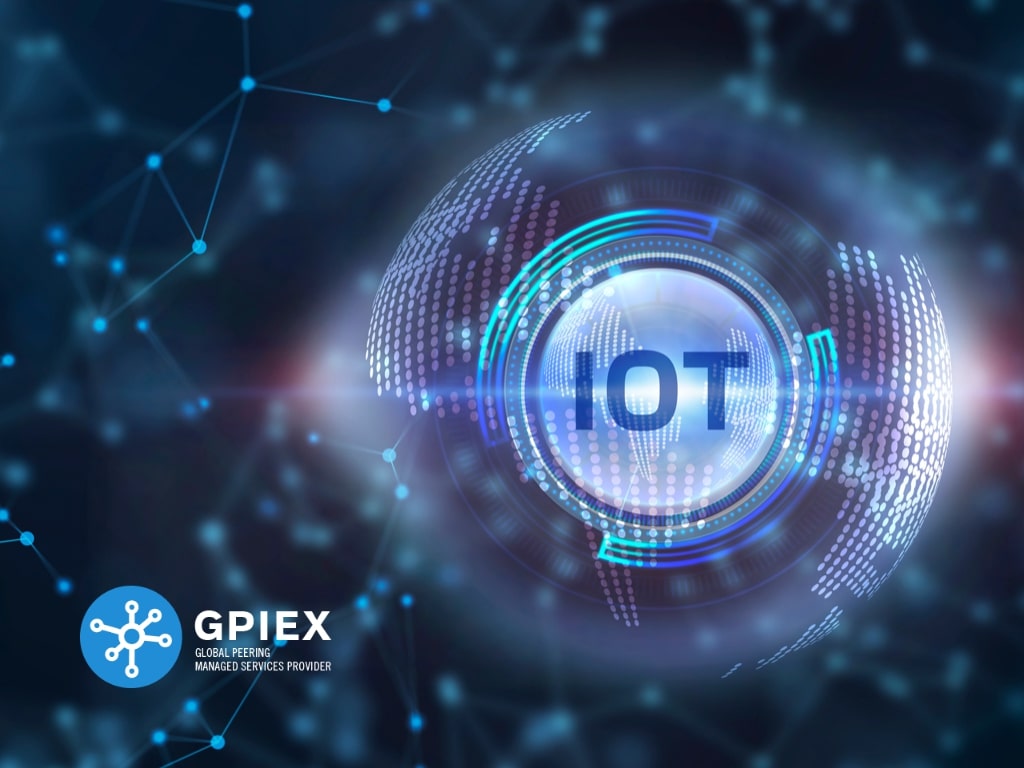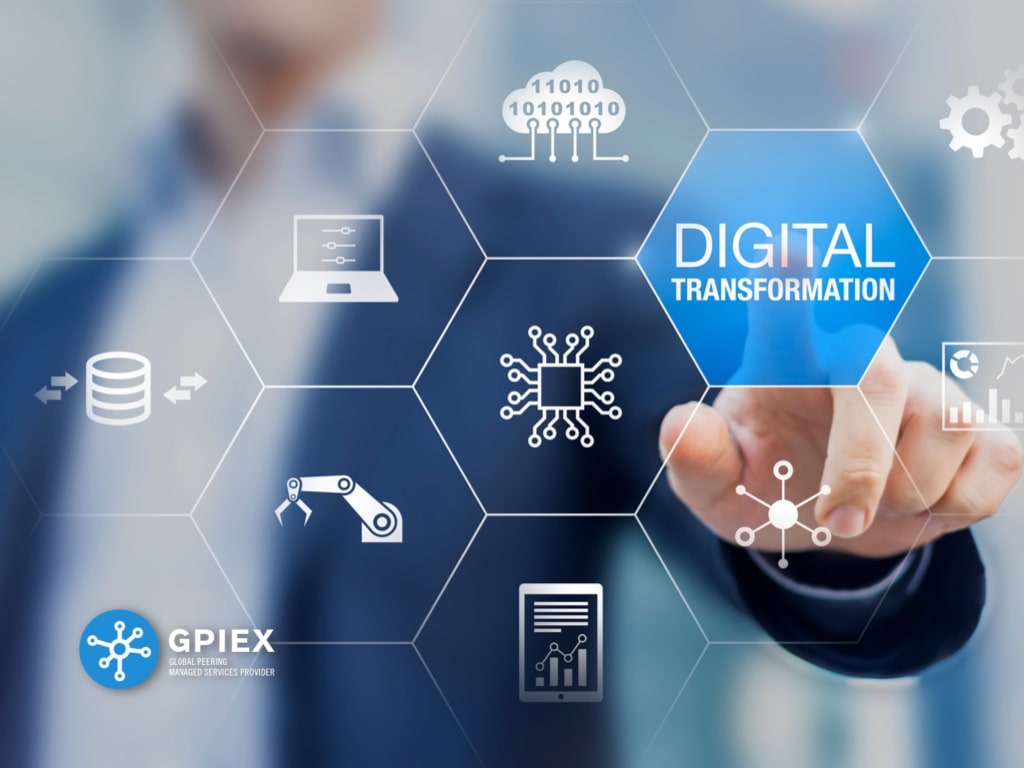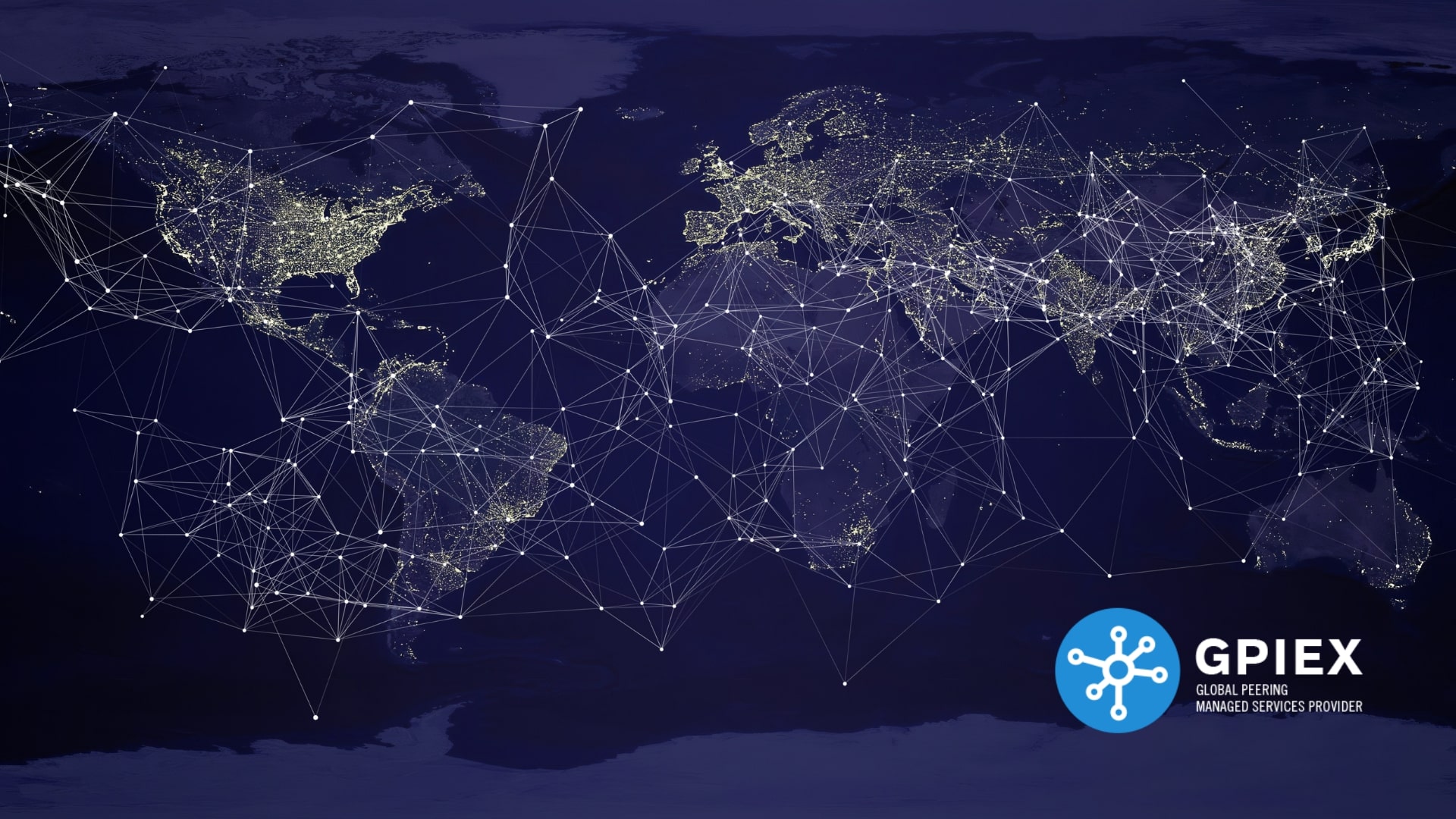Smart cities are no longer an abstract concept of the future, but rather a thriving present for mankind.
In 1937 the very first computer was invented which was a huge breakthrough. Then, in 1974 came the invention of the internet and since then many other great technological achievements have come to benefit mankind, like in 2017 when Artificial Intelligence (AI) finally stop being a figment of human imagination and became a reality.
Since decades ago, there’s been this idea of implementing all of these technologies into urbanization and that is how the concept Smart Cities was born. Although the term of “Smart City” is new, the idea isn’t, cartoons like: The Jetsons, for instance, have shown us how eager mankind has been longing for the concept to become true.
What is a Smart City?
In simple words, smart cities or digital cities are those which use technology to provide services and solve city problems. Through the use of information and communication technology (ICT) they improve transportation, social services, promote sustainability, reduce waste and maximize social inclusion.
Smart cities without a doubt bring many benefits, however, there are some concerns that may affect negatively that public’s trust in the system, such as invasion of privacy, power consumption and data security breaches.
Nevertheless, the bad press hasn’t stopped innovation and cities like: Singapore, India, Dubai, Amsterdam, Barcelona, Stockholm, China, New York and Copenhagen are all a few examples of urbanization that are successfully started to implement the Smart City approach, and whose main goals are to drive economic growth and improve the quality of life of its people by harnessing technology. Now, with the deployment of the 5G network, smart cities will reach unparalleled new heights.
All industries, companies and businesses, big and small, will have to cope with the demands and challenges of the smart cities' framework. It means greater connectivity, reduce latency and stronger cyber-security protocols. Fortunately, GPIEX can help you get ready for this digital transformation.
GPIEX provides premium network interconnection services and operates several carriers and data center-neutral Internet Exchanges internationally. We will help you build a successful digital infrastructure, where you’ll enjoy better performance, reliability, among many other advantages, and let’s not forget to mention that our services are extremely cost-effective.
Today, smart cities are no longer an abstract concept of the future, but rather a thriving present for mankind. Digital transformation will wait for no one, so start preparing to meet the demands and match the challenges of this new digital era with GPIEX solutions.





